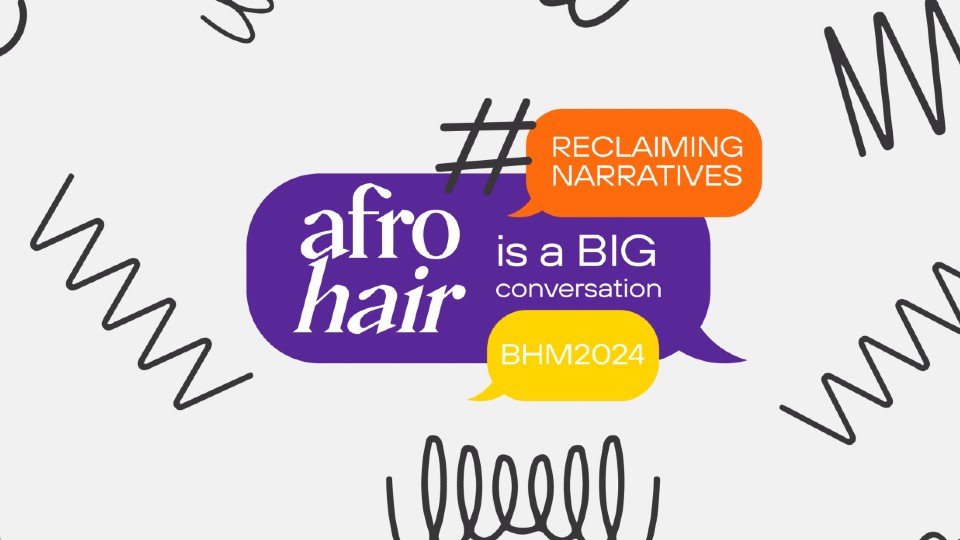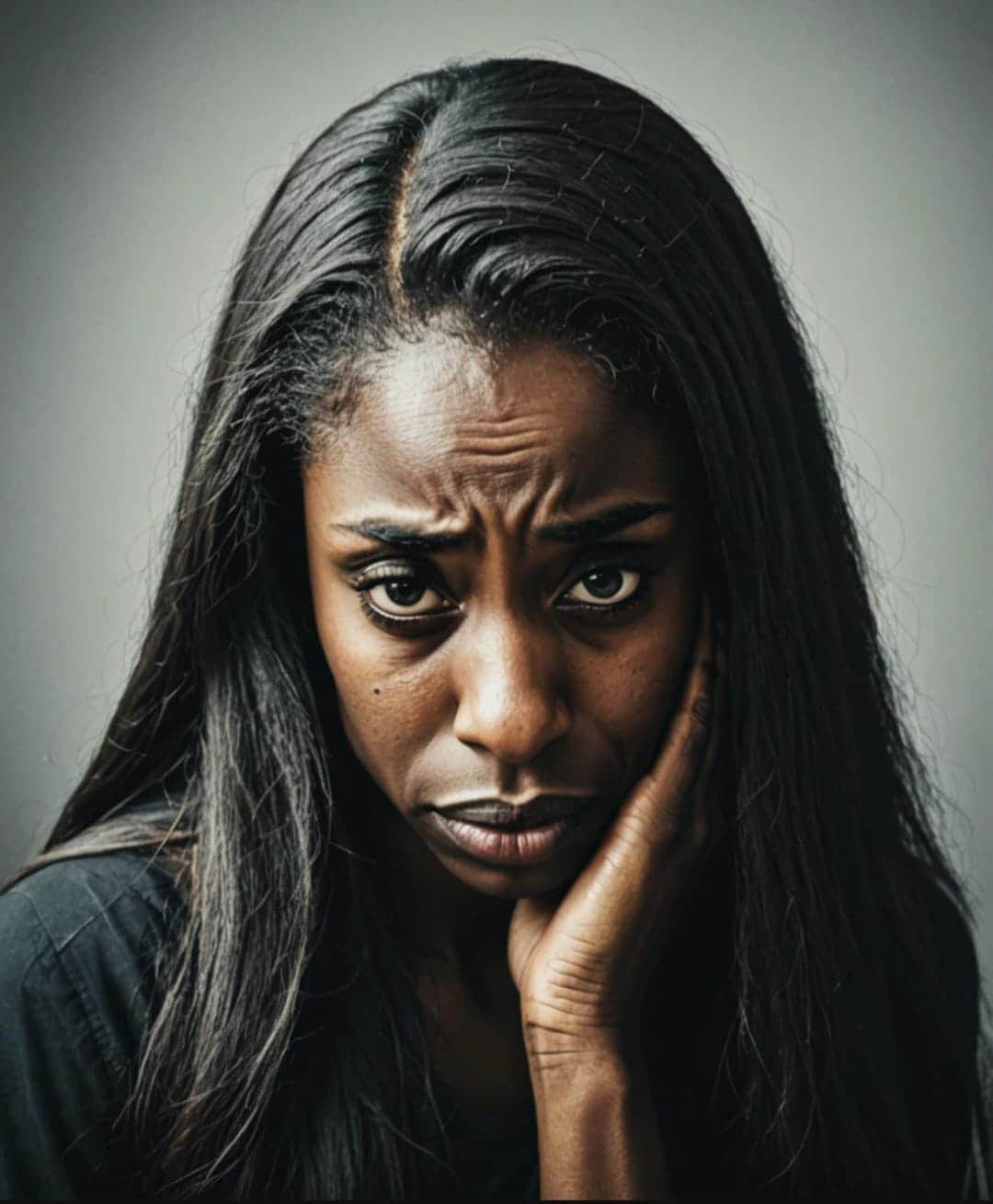The project embodies aspects of ‘Reclaiming Narratives’, the theme for Black History Month (BHM) 2024, which seeks to recognise and correct the narratives of Black history and culture.
More broadly, the project aims to illuminate a history of afro hair discourses and practices through stories, objects, materials and popular culture, supported by LU Arts. ‘AFRO HAIR…’ follows the project ‘Black Heritage: Narratives of Diaspora’ launched during BHM 2023.
Discussing why afro hair is a big conversation, Dr Kerri Akiwowo said: “Characterised by the textural dynamics and endless creative possibilities of this hair type, afro hair continues to empower, influence and inspire worldwide, seen in fashion, sport, media and political arenas, to name a few. Nevertheless, a history of oppression, discrimination and racism towards Black and mixed heritage people, still affecting today, has for many years, exercised the narrative that afro hair is deviant, unprofessional, unkempt, unruly, inferior and ultimately unacceptable.
“Lived experiences and social discourses around afro hair within and outside the Black community has, throughout the ages, nurtured undertones and discriminatory practices parallel to the hypervisibility and prevalence of afro hair and interpretations within society. Inadequate afro hair care education and mass marketing towards chemicalisation of the hair based on so-called ‘ideals’, further perpetuates noxious attitudes and behaviours. Perception, misconceptions and stigmas amongst groups, upheld in modern society, has led to the erosion of traditional afro hair rituals and values owed to the destructivity of slavery and colonialism.”
The project will be launched online in October 2024 during BHM. An exhibition at Martin Hall Exhibition Space will follow next October during BHM 2025. The 2025 exhibition will celebrate afro hair and provide insights into the history and lived experiences of Black and mixed heritage people.
As part of the 2024 web launch, LU Arts are seeking contributions from Loughborough staff, doctoral researchers and students from Black and mixed heritage communities.
If you have an afro hair story to tell, a memory or reflection to share in pictures, get involved and reclaim the narrative about your Black history, identity and culture.
Selected submissions will be featured online in October and this online gallery will be refreshed over the next 12 months to feature multiple entries leading up to the exhibition.
Contributors are asked to respond to one or more categories from four main themes:
- Head coverings (eg celebration, restriction, oppression, protection, fashion etc)
- Eurocentric (eg media, workplace, influence, identity, artificial, celebrity etc)
- Hairstyles (eg afro, plaits, buns, dreadlocks, cornrow, braids, knots, curls etc)
- Paraphernalia (eg equipment, combs, creams, oils, gels, pictorials, supplies etc)
Please submit your image(s) via the online form.
Each image will need a caption and an accompanying description, reflection and/or anecdote (no more than 300 words per image), that relates to one or more of the listed themes. Image submissions may be primary source such as personal photographs, drawings/illustrations or artworks of people or objects, for example. Secondary imagery must include a reference or link to the original source.
To submit entries in time for the AFRO HAIR web launch, please complete the online form by Sunday 13 October 2024.
If you have any problems with the form, please email LU Arts at LUArts@lboro.ac.uk.
On her personal experiences with afro hair, Dr Kerri Akiwowo said: “I’ve had many hairstyles over the years, largely me sporting my natural afro hair – plaits, twists and cornrows. There was a brief stint in my mid-teens when I dabbled with plaited extensions and chemically permed my hair straight because it was the done thing to do. However, I soon concluded that the look nor the process were for me. I returned to my natural afro hair and have for the past 23 or so years worn my hair in locs. I cut my treated hair off and started the processing of ‘locing’. Today I have a full head of unapologetically conspicuous flowing locs.
“I am also the mother of two Black daughters and the practice of washing, sitting for long periods (by modern standards), combing, oiling (greasing), parting (sectioning), plaiting and adorning their afro hair continues in our home. These practices will be passed on to them, partly as essential self-care skills but also to preserve the art and culture of afro hair making in our family.”

